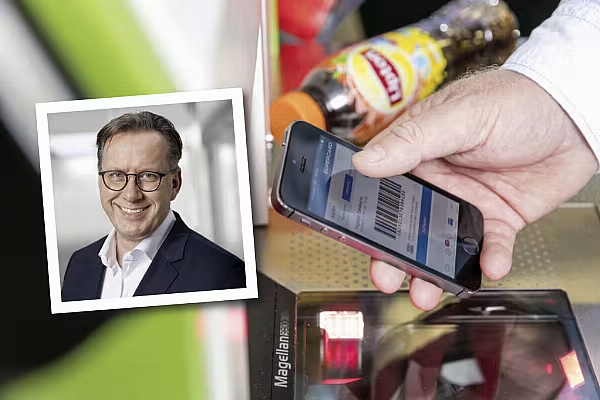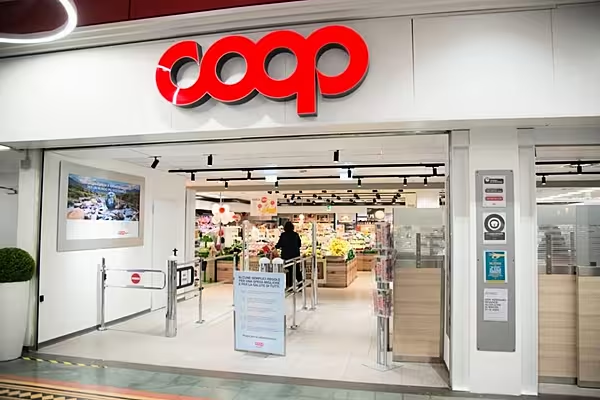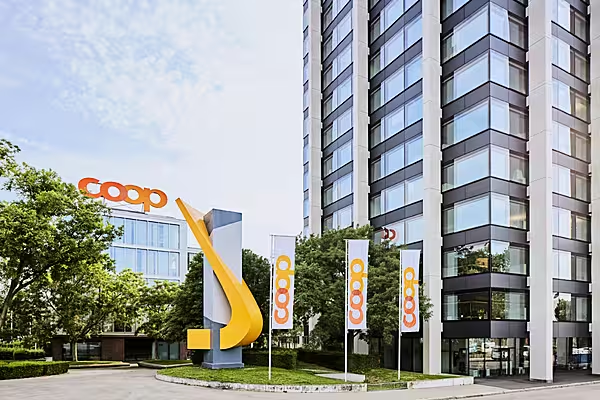As part of our Retail Technology report, ESM reached out to leading retail executives to get their perspectives on several salient topics when it comes to digital transformation – including Thomas Schwetje, Head Of Digital And Customer Business Unit, Coop Switzerland. This article first appeared in ESM's March/April 2024 edition.
Among the recent tech initiatives introduced by Coop Switzerland was Coop Finance+, a new digital solution for financial and pension products that fits in with the group’s “strategy of offering our customers digital services tailored to their needs,” according to Thomas Schwetje, head of Coop’s digital and customer business unit.
Along with its various apps, including Coop.ch, Supercard and Fooby, the new service enhances the digital ecosystem available to shoppers, with the feedback “generally positive” to date, Schwetje adds.
Do you think that we have reached a tipping point in terms of technology adoption by retailers, and if so, why?
Basically, the same principles have applied to the use of technology in retail for years – they must either significantly increase customer benefit or significantly increase the retailer’s efficiency.
Technologies that guarantee both at the same time naturally establish themselves very quickly in the retail sector. Examples of this include electronic shelf labels and self-checkout tills, which are very popular with our customers.
How do you expect data analytics and insights to shape decision-making processes for supermarkets in the future?
Data analyses will become ever faster and more accurate. One example of this is sales forecasts and automatic, load-specific orders based on them.
Our current experience is that the combination of analytically derived order quantities and their validation by experienced personnel leads to the best results, at least for the time being.
However, it is quite conceivable that by taking even more parameters into account and using artificial intelligence and more powerful models, the system-based forecasts will become even more accurate, and staff will then be able to utilise their knowledge and capacity elsewhere in the shop. However, this is still a long way off at the moment.
What challenges, if any, do you anticipate for retailers in terms of integrating new technologies into their operations?
The biggest challenge is probably to optimally orchestrate the interaction of all technologies. It will not be the technology that brings success. It will be different technologies that have to interact optimally.
At the same time, care must be taken not to introduce too many new technologies in too short a time. Otherwise, the internal complexity will increase too much.
Success will probably lie in selecting the right few technologies that make the difference.














